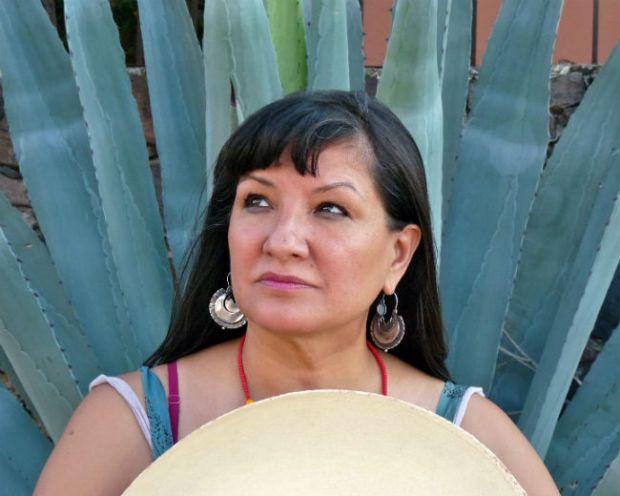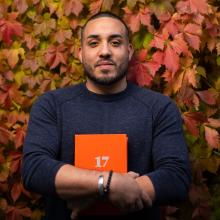Notable Quotable: Sandra Cisneros on the Mission of the Artist

Sandra Cisneros. Photo by Alan Goldfarb
My whole life is a mission. Every time I pick up the pen it’s in service, and I do a meditation so that I can be of service. I’m very lucky in this way; I see my work as work of the spirit. I cannot disconnect creative writing from spiritual work, just like someone being in a monastery or meditation sangha. It’s all the same to me.
We’re living in such horrible times for people of color, immigrants, working-class people. There’s such open vilification of things I never would have imagined I would hear in my lifetime. I feel as a writer that I have a gift of expressing things that people feel, and speaking for them, and also creating clarity and bridges between communities that misunderstand one another. You can’t see clearly in times of fear. So I try to be of some use because when you witness or read intense hatred, it’s your obligation to try to right the planet. Otherwise, you’re part of the problem.
As a child, Sandra Cisneros read voraciously, taking in “the language of books and writing and magic and mystery.” It was only much later, while attending the Iowa Writers’ Workshop, that Cisneros realized that her own language of working-class Mexican Americans was nowhere to be found within literature.
This changed in 1984 when Cisneros published The House on Mango Street. A coming-of-age story composed of some four-dozen vignettes, the book reveals both the poetry and hardship of Cisneros’s own upbringing. It has since become a perennial favorite for high school reading lists, expressing the voice of young Latinas while serving as many students’ first glimpse into an American story that might not be their own. Read the full conversation with Cisneros in the American Artscape issue: Telling All Our Stories: Arts and Diversity.





